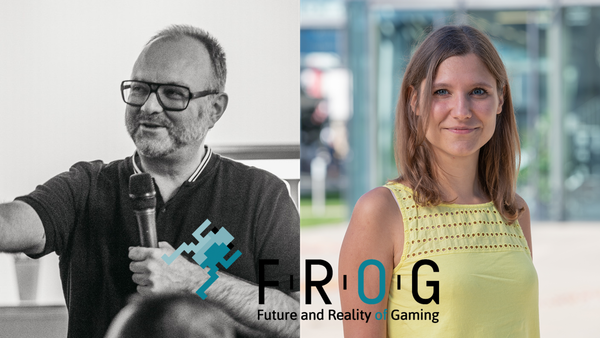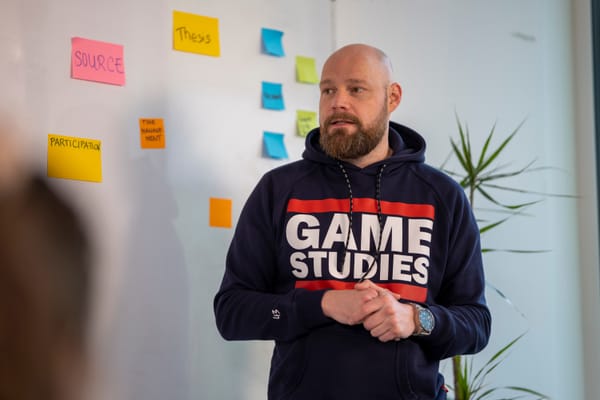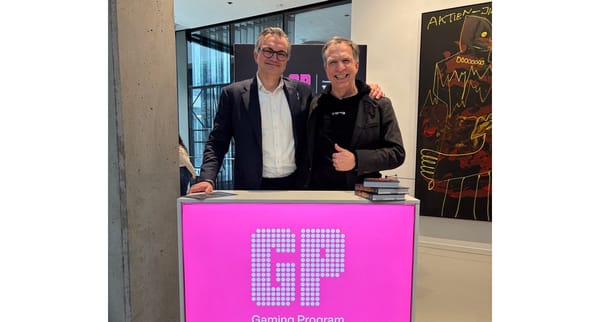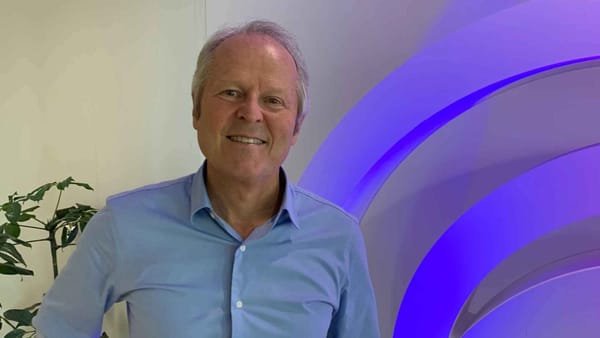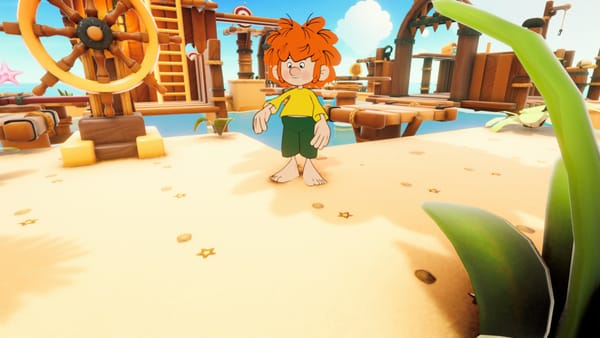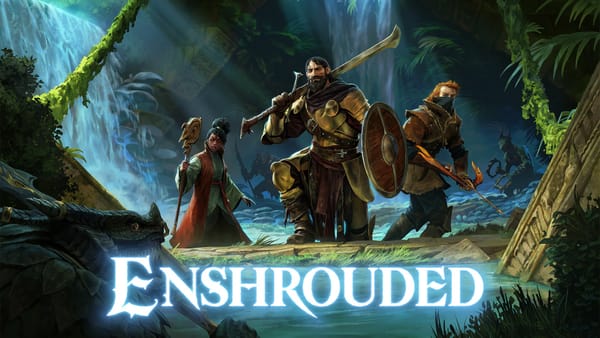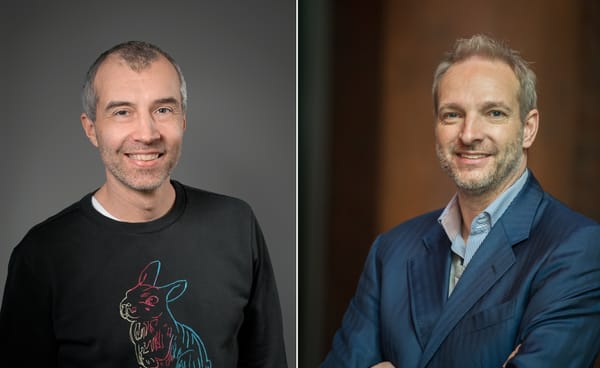German Scholars Launch Deutsche Gesellschaft für Spielwissenschaft
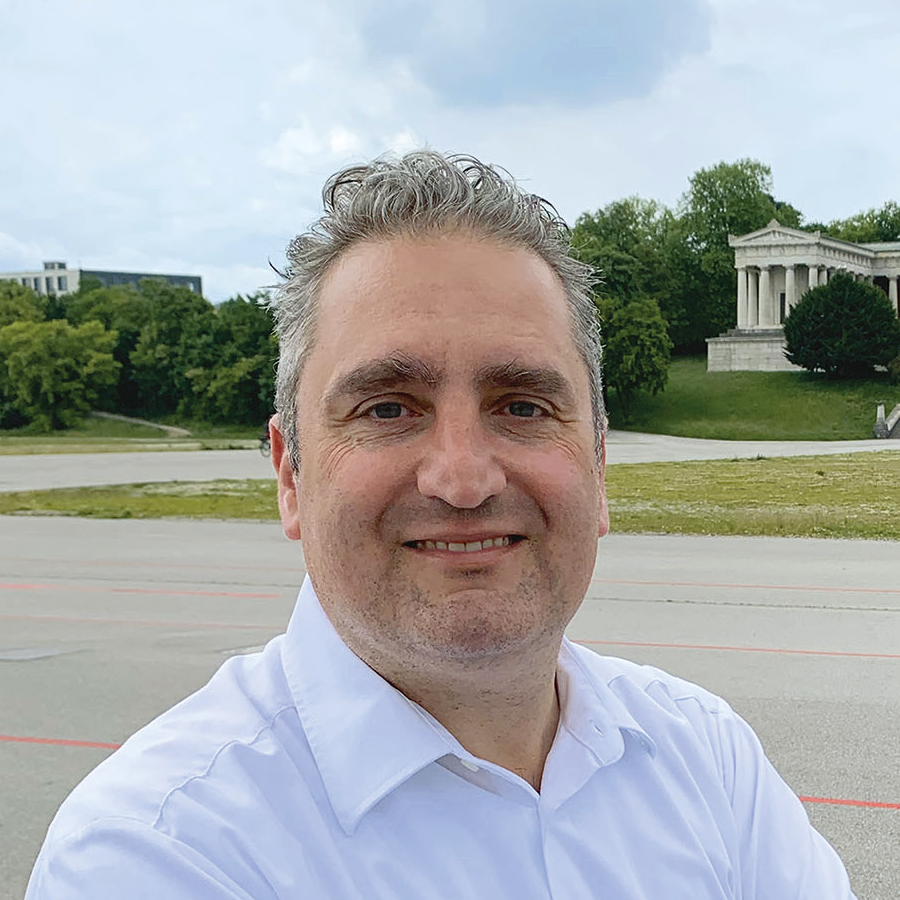


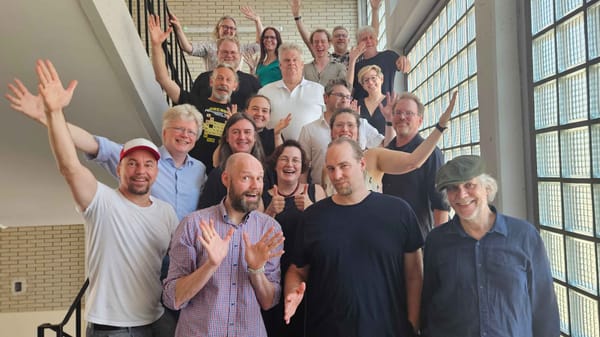
This is an important step for game sciences in Germany. Representatives from research and university professors have institutionalised the discipline with the founding of the German Society for Game Sciences (Deutsche Gesellschaft für Spielwissenschaft e.V.), with Stephan Jacob and Jens Junge as chairmen. This is a step that has long since been taken in many countries, such as the USA and South Korea.
The meeting to establish the Deuschen Gesellschaft für Spielwissenschaft e.V. (DGSW; German Society for Game Studies) took place on 28 June in Frankfurt. Nearly two dozen scientists and professors attended the founding meeting and elected Professor Stephan Jacob from Darmstadt University of Applied Sciences as the new chairman.
In his inaugural speech, Stephan Jacob said: "‘Play, whether analogue or digital, is so much more than just an entertaining leisure activity; it is an essential expression of human creativity, an emotional medium for learning and discovery, a motivating force for social innovation and a central instrument for high-tech production."
"The fact that we are gathering here in a historic location to celebrate the founding of an independent game studies programme is a result of scientific and cultural maturity," adds Professor Dr. Jens Junge, Institut für Ludologie (Institute for Ludology), who was elected as 2nd Chair.
The move to institutionalise game sciences in the German academic landscape is more than just a formality. It is necessary in order to further develop the exchange and thus the advancement of game sciences in Germany on many levels, thereby also further professionalising the field. Game studies have already been established in a similar way in numerous other countries, including the USA, South Korea and Finland.
According to the initiators, the establishment of the DGSW also positions Germany as a central player in the global discourse on the importance of games in the knowledge society. The initiators hope that the foundation will also be seen as a signal to politicians, universities and society to give gaming the status it deserves: as a serious field of research, a source of cultural and personal education, and a driver of innovation in an increasingly playful world that is being explored and transformed.
The DGSW focuses primarily on the following areas: - Game Design and Game Development - Cultural significance and history of games - Game studies - Gamification - Educational potential of game and learning systems, games as a method - Psychological mechanisms of gaming - Social systems and their dynamics, as well as participatory forms of gaming - Game-based innovations in business, health and urban development for sustainable, effective concepts
The initiators have already set themselves ambitious goals for the initial period following the foundation. Working groups are to be established, along with an academic platform for research, networking and knowledge transfer. In addition, they want to organise specialist conferences and annual meetings and take the first steps towards establishing their own academic journal. The agenda also includes the recognition of game science degree programmes, the cultural and political recognition of media works, and the establishment of appropriate research foundations.
The initiators include (in alphabetical order) Prof. Dr. Malte Behrmann (Potsdam), Prof. Dr. Thomas Bremer (Hochschule für Technik und Wirtschaft Berlin, HTW), Dr. Michael Allman Conrad (Universität Konstanz), Prof. Jirka Dell'Oro-Friedl (Hochschule Furtwangen), Prof. Dr. Karin Falkenberg, Spielzeugmuseum Nürnberg), Petra Fuchs (TH Rosenheim, Bayern), Dr. Stefan Göbel (TU Darmstadt, Hessen), Prof. Michael Hebel (Hochschule Neu-Ulm), Prof. Daniel Heßler (FH Dortmund), Prof. Dr. Greta Hoffmann (TH Köln, Nordrhein-Westfalen), Prof. Dr. Dr. Rudolf Inderst (Hochschule Neu-Ulm), Prof. Stephan Jacob (Hochschule Darmstadt, Hessen), Prof. Dr. Jens Junge (Institut für Ludologie, Berlin), Prof. Guido Kühn (Hochschule Neu-Ulm), Dr. Thomas Lilge (Humboldt Universität, Berlin), Prof. Dominik Rinnhofer (Hochschule Macromedia, München), Linda Rustemeier (Goethe-Universität Frankfurt am Main), Patrick Schnorbus (Hochschule der bildenden Künste Essen) and Prof. Dr. Jennifer Tiede (FH Dortmund).
Never miss anything from the German, Swiss and Austrian games industry again: subscribe for free to our Daily newsletter and get all news straight to your inbox.
